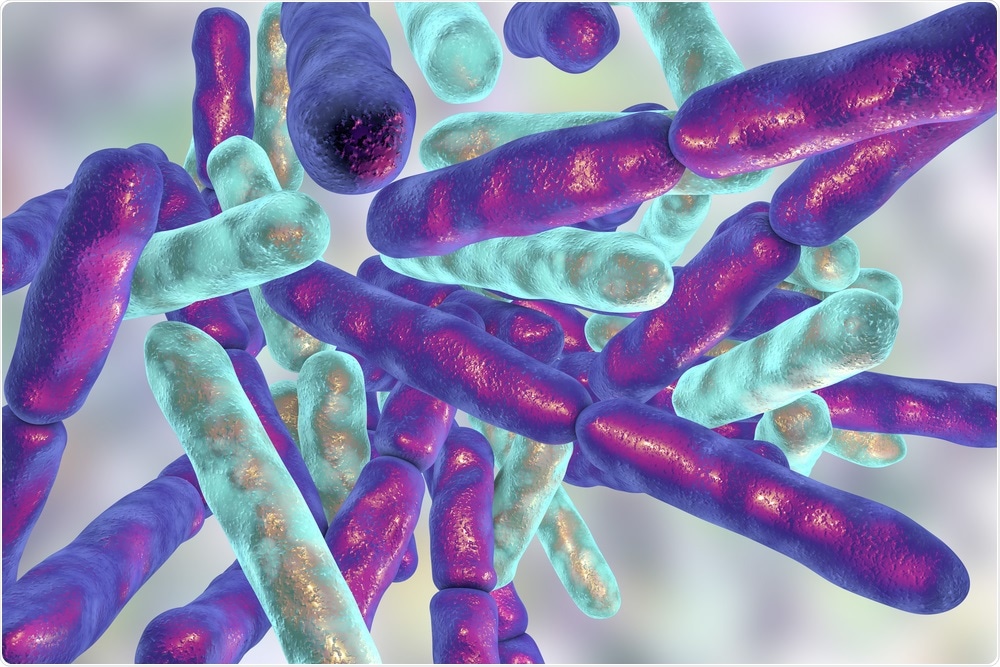A study from Baltimore’s Sheppard Pratt Health system has shown that probiotics may serve as a potential therapeutic approach to bipolar disorder and other psychiatric conditions.

Kateryna Kon | Shutterstock
Lead author Faith Dickerson and colleagues found that among patients hospitalized for mania, those who received a probiotic saw more beneficial effects than those who received a placebo.
In the U.S, approximately 3 million people are diagnosed with bipolar disorder every year. The condition is characterized by dramatic shifts in mood from depression to mania.
The standard treatment approach is a combination of psychotherapy and mood-stabilizing drugs or antipsychotics.
Recently, probiotics have been explored as a potential new avenue for treatment. These non-pathogenic or “good” bacteria are known to improve the general health of the host when they are present in the gut flora.
Now, scientists have shown that supplementation with probiotics may reduce inflammation in the gut – a factor that is known to exacerbate bipolar disorder.
Research has revealed a strong association between the gastrointestinal tract and central nervous system, referred to as the “gut-brain axis” (GBA).
This GBA enables the communication of information between the immune, endocrine, and autonomic nervous systems.
The intestine is also home to the gut microbiome which is made up of around 100 trillion microorganisms that interact with the mucosal lining of the gut.
Studies have recently shown that the relationship between the gastrointestinal tract tissue and the gut microbiome has a significant impact on the GBA.
Furthermore, a growing body of evidence has suggested that microbial imbalances are associated with health problems, including psychiatric mood disorders. Previous studies have also shown that inflammation is a contributing factor in bipolar disorder.
Taking this into consideration, Dickerson and colleagues developed a probiotic that was designed to reduce the inflammation that arises when microbial species are imbalanced in the intestine.
Over the course of six months, patients that had been hospitalized for mania were randomly assigned to receive either the probiotic or a placebo in addition to any drugs they were already taking.
The study demonstrated that those who took the probiotic generally did not return to the hospital as quickly as those who took the placebo. They also required less in-patient treatment time.
The effect was strongest among those who had abnormally high levels of intestinal inflammation at baseline.
Overall, the findings suggest that the course of psychiatric mood disorders can be influenced by changes in gut inflammation and that altering the gut microbiota could provide a new therapeutic approach in the management of patients suffering from such conditions.